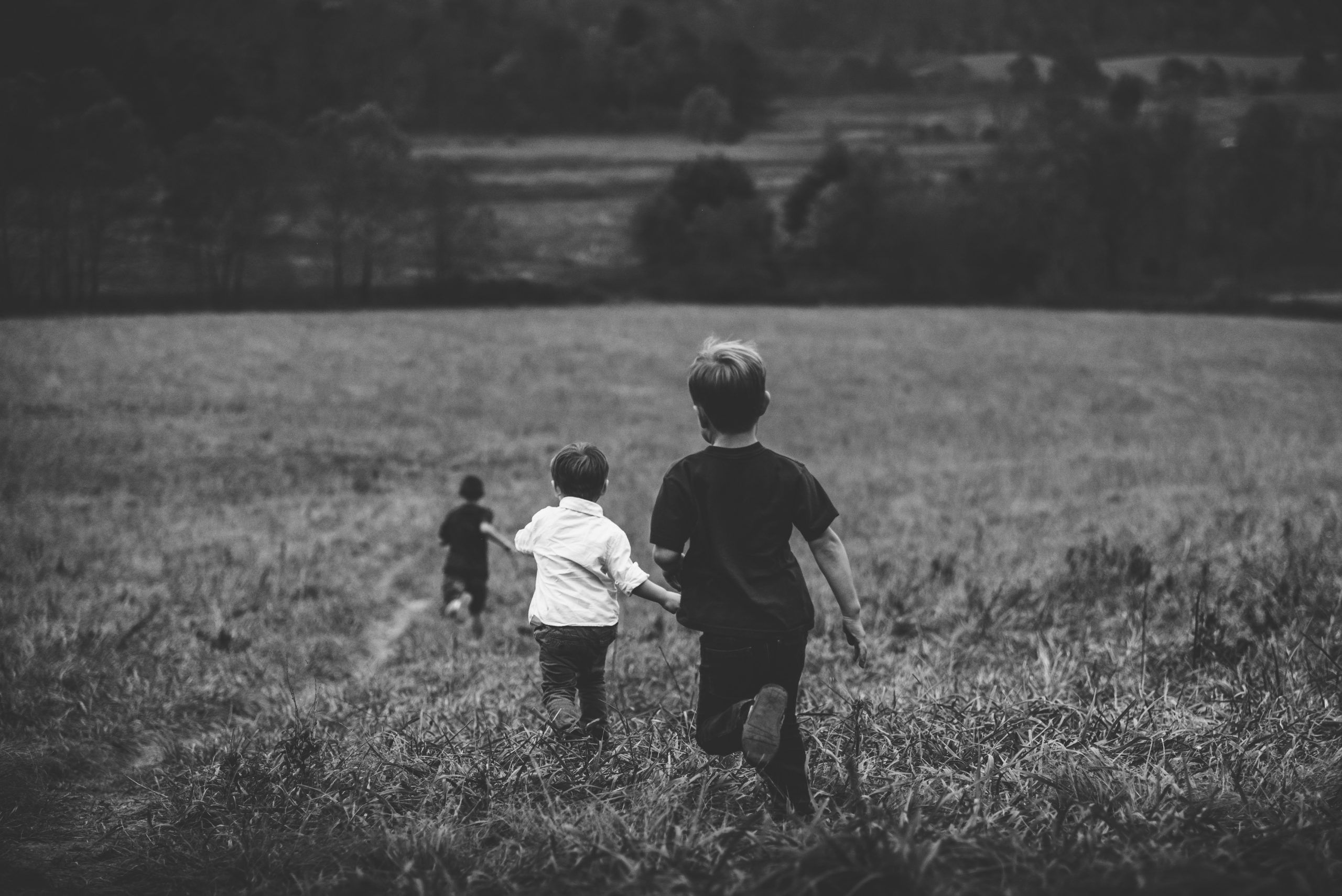Childhood is often thought of as a time of happiness and innocence, but for many people, it can also be a time of difficulties and trauma. The experiences we face during our early years can have a deep and long-lasting impact on our mental health and overall well-being in adulthood. In this article, we will explore the complex relationship between childhood trauma and adult mental health, using real-life examples and research to shed light on this critical issue.
Understanding Childhood Trauma:
Childhood trauma encompasses a wide range of adverse experiences that occur during the formative years, including physical, emotional, or sexual abuse, neglect, domestic violence, parental substance abuse, and loss of a caregiver. These experiences can disrupt a child’s sense of safety, security, and trust, leading to profound psychological distress.
- According to the Centers for Disease Control and Prevention (CDC), (Humphreys et al., 2020) nearly one in four children in the United States experiences some form of childhood trauma, with significant disparities across socioeconomic and demographic lines (Campbell et al., 2009).
The Impact on Adult Mental Health:
The effects of childhood trauma can extend well into adulthood, shaping the course of an individual’s life and contributing to a myriad of mental health challenges. Research has shown that adults who experienced childhood trauma are at increased risk for a range of psychiatric disorders, including depression, anxiety, post-traumatic stress disorder (PTSD), substance use disorders, and personality disorders.
- A longitudinal study published in the Journal of the American Medical Association (JAMA) Psychiatry followed over 1,000 individuals from childhood into adulthood and found that those who experienced childhood trauma had significantly higher rates of mental health disorders later in life compared to those who did not.
The Mechanisms of Influence:
Several mechanisms may explain the link between childhood trauma and adult mental health outcomes. One such mechanism is the dysregulation of the stress response system, including the hypothalamic-pituitary-adrenal (HPA) axis and the sympathetic nervous system. Chronic exposure to stress during childhood can lead to alterations in these systems, predisposing individuals to heightened reactivity to stressors and increased vulnerability to mental illness.
- Neuroimaging has revealed structural and functional changes in the brains of individuals who experienced childhood trauma, particularly in regions involved in emotional regulation, such as the amygdala and prefrontal cortex.
Furthermore, childhood trauma can influence the development of maladaptive coping strategies, such as avoidance, dissociation, and substance use, which may exacerbate mental health symptoms in adulthood. Additionally, interpersonal difficulties and impaired attachment patterns stemming from childhood trauma can impact relationships and contribute to ongoing psychological distress.
- Research published in the Journal of Traumatic Stress found that adults with a history of childhood trauma are more likely to report difficulties in forming and maintaining healthy relationships, leading to increased social isolation and loneliness (Behav, 2023).
Addressing the Impact:
While the link between childhood trauma and adult mental health is undeniable, it is essential to recognize that recovery and healing are possible. Early intervention and evidence-based treatments, such as trauma-focused cognitive-behavioral therapy (TF-CBT), eye movement desensitization and reprocessing (EMDR), and dialectical behavior therapy (DBT), can help individuals process traumatic experiences, develop adaptive coping skills, and reclaim their lives.
- Meta-analyses have demonstrated the efficacy of trauma-focused interventions in reducing symptoms of PTSD, depression, and anxiety among adults with a history of childhood trauma, highlighting the importance of early intervention and targeted treatment approaches.
Furthermore, efforts to prevent childhood trauma and mitigate its impact through policies and programs aimed at promoting safe and nurturing environments for children are critical. This includes investments in early childhood education, mental health services, child welfare systems, and community-based support networks.
- The Adverse Childhood Experiences (ACEs) study, conducted by the CDC and Kaiser Permanente, has informed public health initiatives aimed at preventing childhood trauma and addressing its long-term consequences (National Center for Injury Prevention and Control, Division of Violence Prevention, n.d.) . These initiatives focus on early identification of at-risk children, trauma-informed care practices, and multi-sectoral collaboration to create supportive environments for children and families.
Tips for Coping with Childhood Trauma:
Seek Support:
- Reach out to trusted friends, family members, or mental health professionals who can offer understanding and support.
- Consider joining a support group specifically for individuals who have experienced childhood trauma. Connecting with others who can relate to your experiences can provide a sense of validation and belonging.
- Remember that seeking support is not a sign of weakness but a courageous step towards healing and recovery.
Practice Self-Care:
- Engage in activities that promote relaxation and stress relief, such as mindfulness meditation, yoga, or deep breathing exercises.
- Make time for hobbies and activities that bring you joy and fulfillment, whether it’s painting, gardening, or spending time in nature.
- Prioritize your physical health by getting regular exercise, eating nutritious foods, and getting enough sleep.
Educate Yourself:
- Take the time to learn about the effects of childhood trauma on mental and emotional well-being. Understanding how trauma can impact thoughts, feelings, and behaviors can help you make sense of your experiences.
- Explore resources for healing and recovery, such as self-help books, online articles, and reputable websites dedicated to trauma-informed care.
- Consider seeking therapy with a qualified mental health professional who specializes in trauma treatment, such as trauma-focused cognitive-behavioral therapy (TF-CBT) or Eye Movement Desensitization and Reprocessing (EMDR).
Set Boundaries:
- Establish healthy boundaries in relationships to protect your emotional and psychological well-being. This may involve setting limits on the time and energy you invest in certain relationships or distancing yourself from toxic individuals.
- Practice assertive communication skills to express your needs and preferences clearly and respectfully.
- Remember that it’s okay to say no to requests or demands that feel overwhelming or uncomfortable.
Build Resilience:
- Focus on developing coping skills that can help you navigate life’s challenges more effectively. This may include learning stress management techniques, problem-solving skills, and emotion regulation strategies.
- Cultivate a sense of self-compassion and resilience by recognizing your strengths, accomplishments, and capacity for growth.
- Seek out opportunities for personal and professional development that can enhance your skills and confidence.
Connect with Others:
- Seek out support groups or online communities where you can connect with others who have experienced similar challenges. Sharing your experiences and insights with others who can relate can provide validation, encouragement, and a sense of camaraderie.
- Consider volunteering or getting involved in advocacy efforts related to childhood trauma awareness and prevention. Contributing to a cause greater than yourself can foster a sense of purpose and community.
Be Patient:
- Healing from childhood trauma is a journey that takes time, effort, and patience. Be kind and compassionate with yourself as you navigate this process.
- Celebrate small victories and milestones along the way, no matter how insignificant they may seem. Each step forward, no matter how small, is a testament to your resilience and strength.
- Remember that healing is not linear and setbacks are a natural part of the process. Be gentle with yourself during difficult times and trust that progress is still possible.
Childhood trauma casts a long shadow, shaping the trajectory of individuals’ lives and significantly impacting their mental health and well-being in adulthood. Through a deeper understanding of the link between childhood trauma and adult mental health, coupled with evidence-based interventions and prevention efforts, we can work towards breaking the cycle of intergenerational trauma and fostering resilience and healing for individuals and communities alike. We must prioritize the recognition, prevention, and treatment of childhood trauma to ensure a brighter and healthier future for generations to come.
References
Behav, B. (2023, April 13). The associations among childhood trauma, loneliness, mental health symptoms, and indicators of social exclusion in adulthood: A UK Biobank study. NCBI. Retrieved March 01, 2024, from https://www.ncbi.nlm.nih.gov/pmc/articles/PMC10097065/
Campbell, J., Mulholland, C., Shannon, C., & Davidson, G. (2009). A longitudinal study of the effects of childhood trauma on symptoms and functioning of people with severe mental health problems. PubMed. Retrieved March 01, 2024, from https://pubmed.ncbi.nlm.nih.gov/19197712/
Faucher, C. (2024, March 6). Virtual Reality and Transcranial Direct Current Stimulation for Posttraumatic Stress Disorder A Randomized Clinical Trial. JAMA Network. https://jamanetwork.com/journals/jamapsychiatry/fullarticle/2815835
Humphreys, K., LeMoult, J., Gear, J., Piersiak, H., Lee, A., & Gotlib, I. (2020, February 13). Child maltreatment and depression: A meta-analysis of studies using the Childhood Trauma Questionnaire. National Library of Medicine. https://pubmed.ncbi.nlm.nih.gov/32062423/
National Center for Injury Prevention and Control, Division of Violence Prevention. (n.d.). Adverse Childhood Experiences (ACEs). Centers for Disease Control and Prevention. Retrieved March 1, 2024, from https://www.cdc.gov/violenceprevention/aces/index.html




